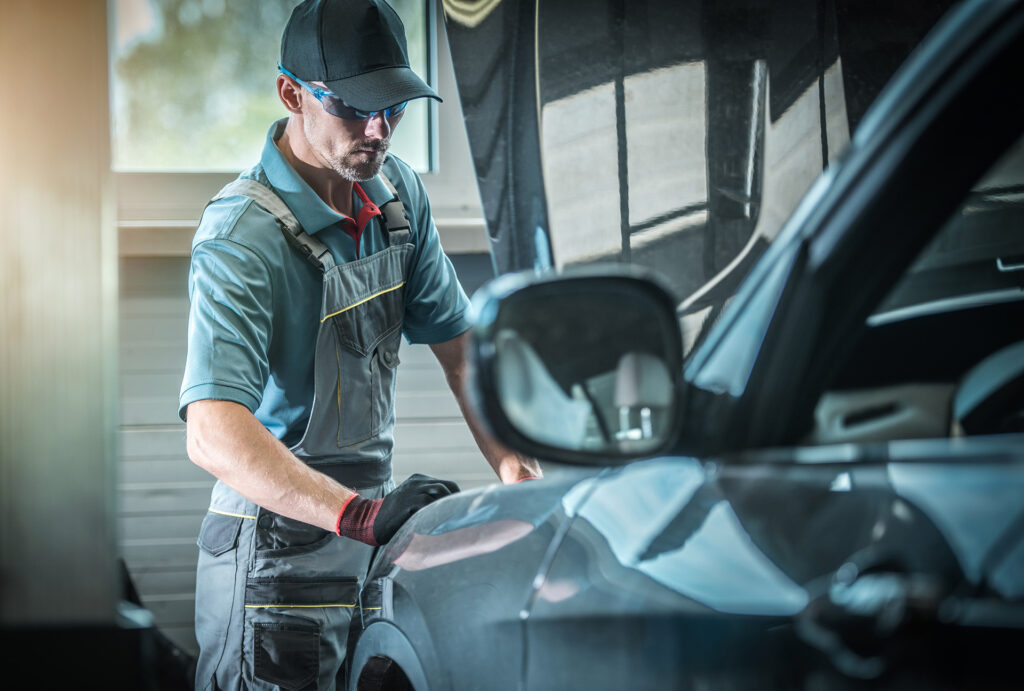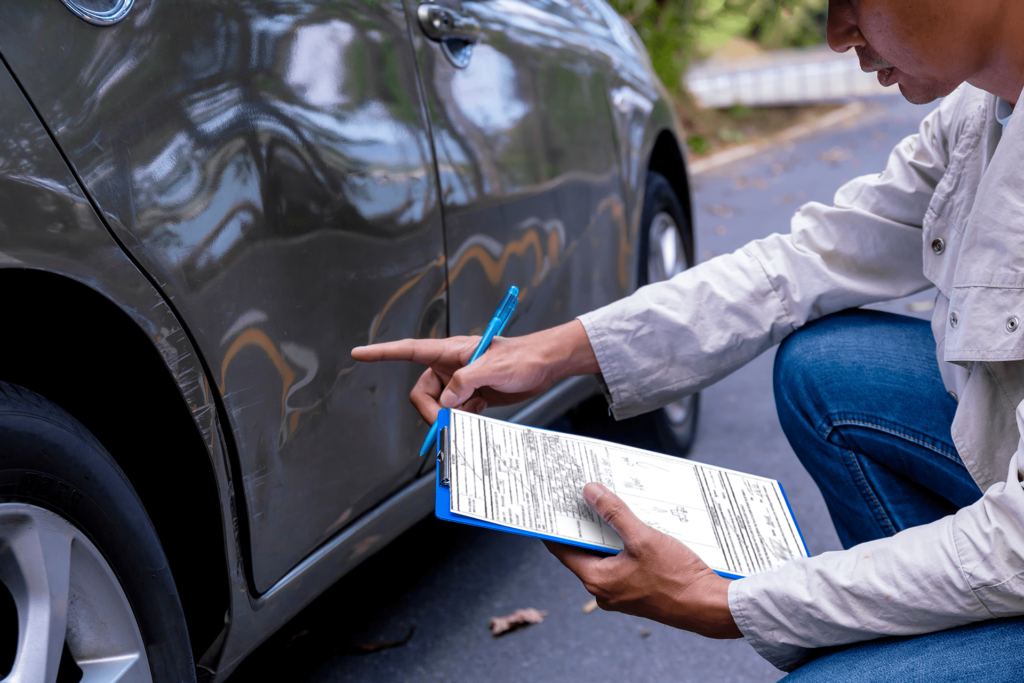“Regular vehicle inspections are not just a legal requirement in Texas—they’re crucial for your safety and peace of mind.” In Fort Worth, as in the rest of Texas, regular vehicle inspections are essential to ensure your car is roadworthy and safe. These inspections help prevent accidents, save you money in the long run, and keep you in compliance with state laws. Here’s why regular vehicle inspections matter and what you can expect during the process.
Introduction: Vehicle inspections are a routine part of car ownership in Texas. They are designed to check for compliance with safety standards and emissions regulations. For Fort Worth residents, understanding the importance of these inspections can lead to safer driving and a longer-lasting vehicle.
Why Regular Inspections Matter:
- Preventing Breakdowns:
- Regular inspections can identify potential issues before they become major problems. This can prevent unexpected breakdowns and costly repairs.
- Inspectors check critical systems like brakes, tires, and suspension, ensuring they are in good working condition.
- Ensuring Safety:
- Safety inspections verify that your vehicle meets all safety standards. This includes checking lights, signals, and mirrors.
- Well-maintained vehicles are less likely to be involved in accidents caused by mechanical failure.
- Legal Compliance:
- In Texas, annual vehicle inspections are mandatory. Driving without a valid inspection sticker can result in fines and penalties.
- Inspections include both safety and emissions checks, ensuring your vehicle meets state environmental standards.
What’s Included in a Vehicle Inspection: A typical vehicle inspection in Texas covers several key areas:
- Brakes: Inspectors check the condition of the brake pads, rotors, and fluid levels.
- Tires: Tread depth and tire condition are assessed to ensure safe driving.
- Lights and Signals: All lights and indicators must be functional, including headlights, taillights, brake lights, and turn signals.
- Windshield and Wipers: Inspectors look for cracks or chips in the windshield and ensure the wipers are effective.
- Exhaust System: The exhaust system is checked for leaks and proper function, which is part of the emissions test.
- Steering and Suspension: These components are inspected for wear and proper operation.
DIY Pre-Inspection Tips: Before you head to an inspection station, there are a few checks you can do yourself:
- Check Fluid Levels: Ensure that all fluids, including oil, coolant, brake fluid, and windshield washer fluid, are at the appropriate levels.
- Test All Lights: Turn on your headlights, taillights, brake lights, and turn signals to ensure they are working properly.
- Inspect Tires: Check the tire pressure and tread depth. Use a penny to check the tread depth—if you can see the top of Lincoln’s head, it’s time for new tires.
- Look for Leaks: Check under your car for any signs of fluid leaks, which could indicate a problem.
Choosing a Reliable Inspection Station: Selecting the right inspection station can make the process smoother:
- Certified Stations: Look for stations certified by the Texas Department of Public Safety. These stations follow state guidelines and ensure thorough inspections.
- Reputation: Check reviews and ask for recommendations to find a reputable station with experienced inspectors.
- Convenience: Choose a location that is convenient for you and offers flexible hours.
Frequency of Inspections:
- Annual Requirement: In Texas, vehicles must be inspected annually. Ensure you schedule your inspection before your current sticker expires.
- Additional Checks: Beyond the mandatory annual inspection, it’s wise to have your vehicle checked if you notice any performance issues or before long trips.
Maintaining Records: Keeping detailed records of your vehicle inspections and any subsequent repairs is crucial:
- Proof of Compliance: Maintain copies of inspection reports and repair receipts. This can be useful if there are any disputes about your vehicle’s condition.
- Resale Value: Well-documented maintenance and inspection records can enhance your vehicle’s resale value by demonstrating diligent care.
Conclusion: Regular vehicle inspections are a vital aspect of responsible car ownership in Fort Worth. They ensure your vehicle remains safe, reliable, and compliant with state laws. By understanding the inspection process and preparing your vehicle beforehand, you can avoid potential issues and enjoy peace of mind on the road.
Remember, regular maintenance and inspections not only keep your car running smoothly but also contribute to safer roads for everyone in Fort Worth. Schedule your inspection today and drive with confidence!





